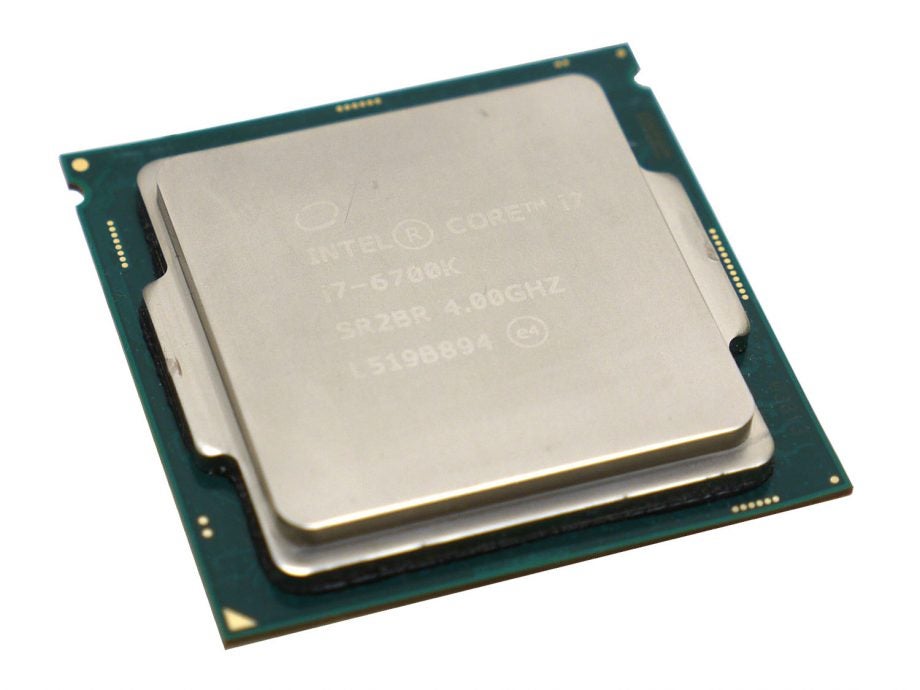Intel starts discontinuing Skylake processor lineup

Intel has lowered the curtain on its Skylake processors, discontinuing the range as work progresses on its next-generation Coffee Lake chips.
By September 2018 shipments of Intel’s sixth-generation Core processors including the i7-6700K and the i5-6600K will cease, leaving Intel’s seventh-generation Kaby Lake processors to fill the gap and the upcoming eighth-generation CPUs to spearhead Intel’s chip lineup.
Somewhat confusingly the Skylake name will live on with Intel’s Skylake-X architecture, which will bring with it the 18 core, 36 thread Core i9-7980XE processors built on a large die using the 14nm finFET fabrication processes, despite Intel working on moving to 10nm fabrication with its Coffee Lake and Cannon Lake architectures.
The discontinuation process for Skylake started September 5 with Intel ending its support program for the CPUs. Over the next 12 months, the chipmaker has several cut-off points for Skylake, including a deadline of December for OEMs and retailers to order the chips and ceasing refunds and returns of Skylake CPUs from March 19 2018.
Given there are no major differences in performance between Skylake and Kaby Lake processors for everyday computing and gaming, there is little need to mourn the end of Skylake as people get similar bang for their buck with the Kaby Lake chips.
As Intel slims down its processor line up, AMD appears to be going the opposite direction cranking out Ryzen chips, including the recent launch of the Ryzen Pro aimed for use with professional workstations. And the debut of the Ryzen Threadripper CPUs, which ushers in AMD’s top-end CPU and acts as the answer to Intel’s most powerful chip, at least until the Core i9 hits the market.
Related: Best AMD and Intel motherboards tested
Is Intel lacking in innovation compared to AMD? Let us know on Twitter or Facebook.

